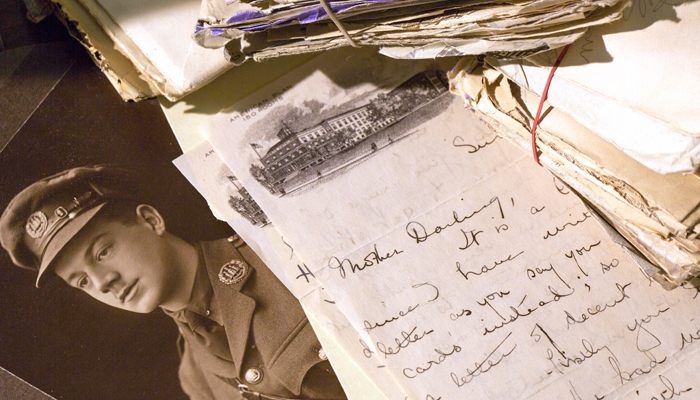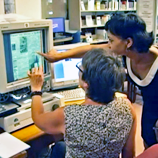Genealogy: Discovering the Past
Back in the days when family trees determined wealth and social status, genealogy was for the privileged; people who stood to gain something from their lineage. Nowadays, ancestry isn’t the powerful dictator of fate and future that it once was, but that doesn’t change the fact that family heritage still has a lot of value.
Whereas money and rank were once the main motivators for studying family history, we’re now driven by a desire to understand our family’s narrative, and by extension, ourselves. Whether we’re investigating our relatives’ medical history, tracing the patterns of immigration our forefathers forged, or celebrating our family’s place in history’s big picture, we gain a sense of self when we unearth the trials and triumphs of our ancestors.
This innate interest to learn and preserve – coupled with the accessibility afforded by the internet – has helped genealogy evolve into an incredibly popular and widespread activity. Recognizing that family history impacts how Nova Scotian citizens view themselves, their history, and their connections to the world at large, the Department of Communities, Culture and Heritage strives to support this activity through new initiatives and ongoing services.
In April of 2013, regional libraries across Nova Scotia purchased Ancestry Library Edition for use in their branches. A powerful genealogy research tool, Ancestry Library is a database version of the world’s largest and most popular genealogy website, Ancestry.com.
Easily one of the most important genealogical collections available today, Ancestry Library Edition mimics the functionality of Ancestry online by providing digital access to census returns, vital statistics, military records, ships’ passenger lists, directories, parish records, family trees, maps and forms.
Unlike the Ancestry website, the Library Edition doesn’t require a personal subscription, and instead, is available on-site at registered libraries for any individual with a free public library card. For researchers, this means access to unparalleled amounts of information without having to register an account or pay a fee.
While this new research tool is undoubtedly impressive, it only scratches the surface of the many services libraries make available to researchers. Whether they’re providing access to region-specific reference materials and microfilm; offering public research tutorials; or designating staff members to assist with requests, libraries across this province are firmly dedicated to supporting their patrons’ study of genealogy.
Equally in tune with the regional libraries’ efforts to support genealogical research, the Nova Scotia Archives makes both on-site and online access to family-history related records a priority. While the Archives’ main website contains a variety of useful genealogical resources, their Historical Vital Statistics website has become the mother-lode for family-history exploration.
Since August 1, 1864, Nova Scotia has systematically registered all births, marriages and deaths that occur in the province. Thanks to changes made to the Vital Statistics Act in 2006, closure periods for these records have been shortened, and now an average of 25,000 registrations annually are transferred to the Archives, where they are indexed, digitized and added to the Historical Vital Statistics website. There they join nearly one million names in a searchable index, linked to over 900,000 digitized original records. Family historians anywhere in the world with an interest in Nova Scotian genealogy have free online access to this huge resource, which also offers online purchase, via credit card, of either digital or paper copies for a reasonable fee. The website is innovative, popular, and the only product of its kind in Canada.
The Nova Scotia Archives also maintains a working relationship with Ancestry whereby the vital statistics indexes are regularly incorporated into the Ancestry.ca website. It’s an example of partnership that leverages the sharing of information about Nova Scotia in the past with Nova Scotians today, through modern technology and with the support of Communities, Culture and Heritage.
To get started on your very own genealogical project, visit your local library, the Nova Scotia Archives or www.Ancestry.ca.


